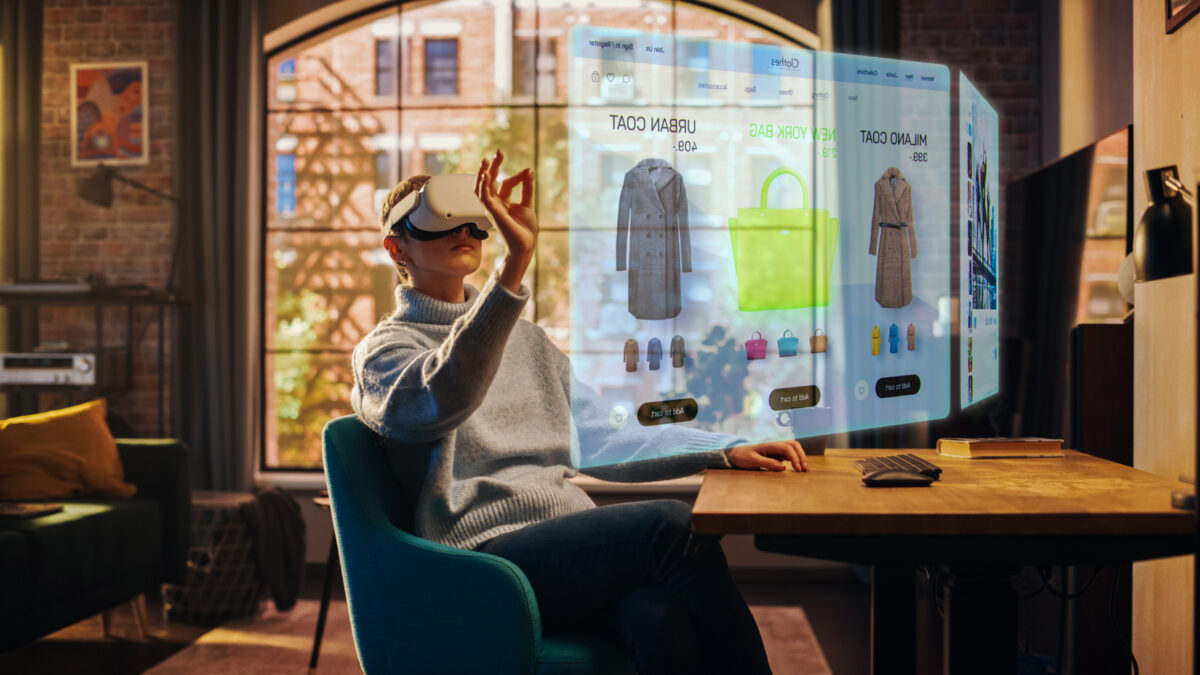Marketing professionals across the industry have been using the 4P’s model for decades. The model was first introduced by E. Jerome McCarthy in 1960 for businesses to develop and implement marketing strategies that consider product, price, place & promotion. However, the rise of artificial intelligence (AI) is revolutionizing the way businesses approach marketing.
From personalized product specifications to dynamic pricing simulations, seamless integration of physical and digital channels, and the generation of synthetic and multimedia content tailored to specific audiences, AI is fundamentally disrupting the traditional 4P’s of marketing.
How AI Impacts Products & Services
Let’s start with the product. AI enables businesses to massively personalize the specifications and features of their products and services. For example, an insurance company can use AI to customize an insurance policy based on a customer’s lifestyle and particular needs, such as coverage for specific activities or possessions. This is known as “do-it-yourself” (DIY) and allows companies to adapt their products to the needs and preferences of each customer, increasing customer satisfaction and loyalty.
How AI Impacts the Price of Goods & Services
Next, price. AI allows businesses to simulate and dynamically adapt prices based on the current situation and environment in which customer interaction occurs. For example, a hotel can use AI to adjust room prices based on the occupancy rate, the time of the year, and the demand. This enables companies to maximize their profits and increase efficiency.
How AI Impacts Place (In-Person Customer Experiences)
Moving on to place, AI enables businesses to integrate physical and digital channels into seamless and integrated experiences. For example, a restaurant can use AI to personalize the customer experience based on their preferences and previous behaviors. This can include menu recommendations, personalized music and lighting, and interaction with a mobile app. This improves the customer experience and increases sales.
How AI Impacts Promotions & Marketing
Finally, promotion. AI allows businesses to not only configure offers, but also generate synthetic and multimedia content tailored to specific audiences. For example, a streaming service can use AI to automatically generate personalized ads and recommendations for shows and movies based on the user’s viewing history and preferences. This allows companies to maximize the impact of their advertising campaigns and increase efficiency in advertising investment. Additionally, AI can also be used to analyze the performance of advertising campaigns and optimize them in real time for better results.
AI is Changing the Future of Marketing
As a natural consequence, the integration of AI in the traditional 4P’s of marketing allows businesses to personalize products, dynamically adapt prices, integrate physical and digital channels, and generate synthetic and multimedia content tailored to specific audiences. This not only improves customer satisfaction and increases sales, but also maximizes efficiency in advertising investment.
What’s more, the ability of AI to generate creative content, have deep and meaningful conversations with clients, and measure the economic impact of each decision on every interaction opens a new field of efficiency based on relevance for people, who are much more than just consumers. With this approach, businesses can establish long-term relationships with their customers, provide personalized solutions and make better decisions.


